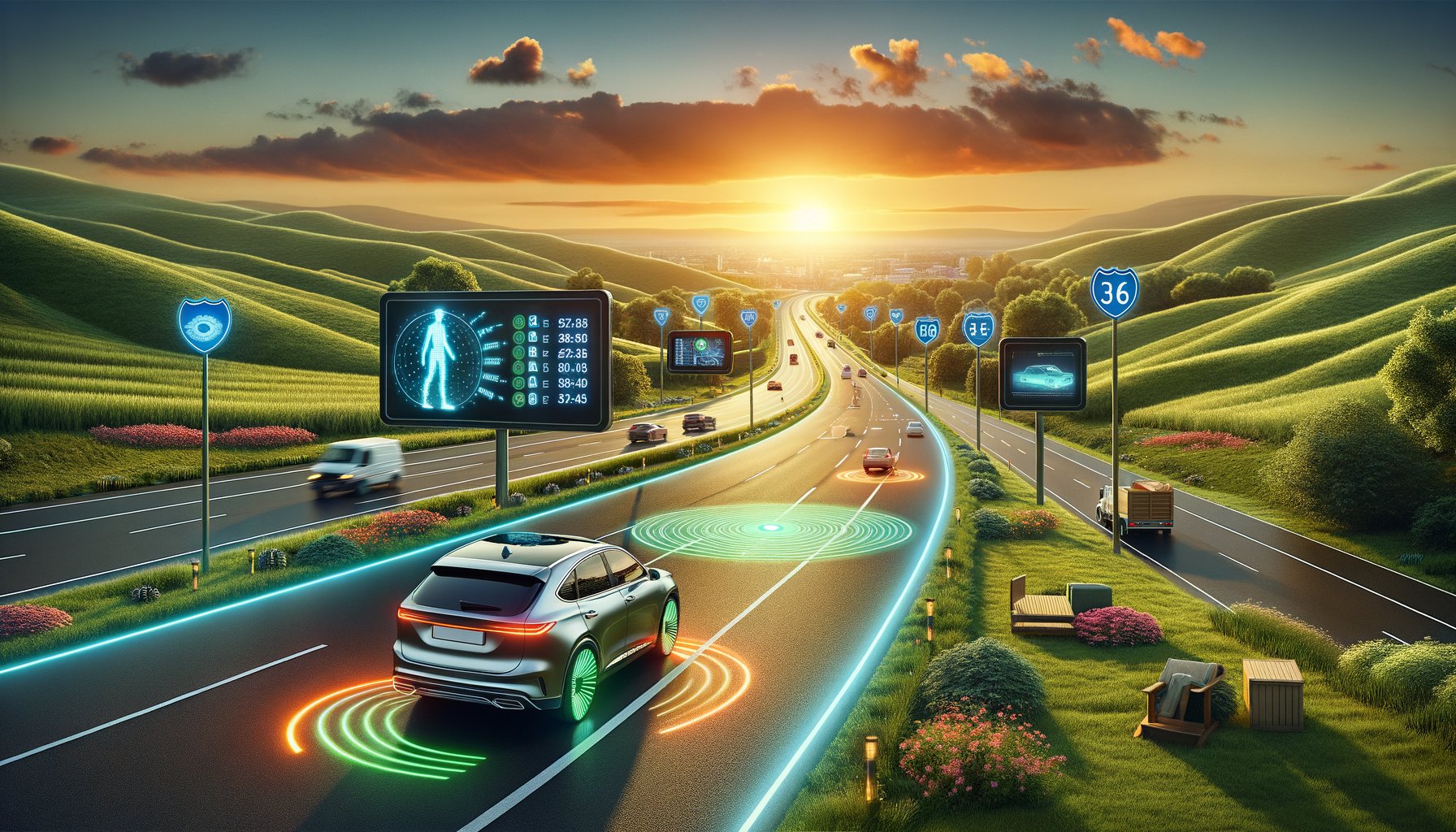Physical Address
304 North Cardinal St.
Dorchester Center, MA 02124
Physical Address
304 North Cardinal St.
Dorchester Center, MA 02124

As the world continues to evolve, technology has persistently found its way into almost every facet of our lives. It’s no surprise then that this technological revolution has made its way onto our roads. Enter ‘Smart Roads’, a concept that promises to drastically change the way we drive, making it safer and more efficient. But what exactly are smart roads? How do they work? And how will they impact our driving experience? Let’s delve in.
Smart roads, also known as intelligent transport systems (ITS), integrate advanced information and communication technologies into transportation infrastructure with the aim of improving traffic flow, enhancing road safety, and reducing environmental impact. This innovative approach incorporates a variety of technologies such as sensors embedded in the pavement, digital signage for real-time updates, and connected vehicle systems for seamless communication between cars and infrastructure.
The underlying principle of smart roads is connectivity – linking vehicles with each other and their surroundings. This is achieved by employing a myriad of advanced technologies:
Smart roads present a plethora of benefits that could revolutionise the way we travel:
The future of smart roads is exciting and brimming with potential. With advancements in technology such as 5G connectivity and autonomous vehicles, the possibilities are endless. Imagine a future where your car communicates with traffic lights to find the most efficient route or where road sensors detect icy conditions and alert your vehicle to adjust its tyre grip accordingly.
In addition to improving safety and efficiency, smart roads also have the potential to transform our cities. They could facilitate the integration of renewable energy sources into our transportation system by incorporating technologies like solar panels into road surfaces or using wind turbines along highways to generate electricity.
The development of smart roads is not without its challenges. Issues such as data privacy, infrastructure costs, and technological interoperability need to be addressed for this vision to become reality. However, given the compelling benefits they offer – from improved safety to reduced environmental impact – it’s clear that smart roads represent a significant step forward in the evolution of transportation.
As we stand on the cusp of this exciting new era, it’s clear that the future of driving is not just about smarter cars but also smarter roads. The path to safer driving lies not only in advanced vehicles but also in the infrastructure that supports them. By embracing these technological advancements, we can pave the way for a safer, more efficient and sustainable future.